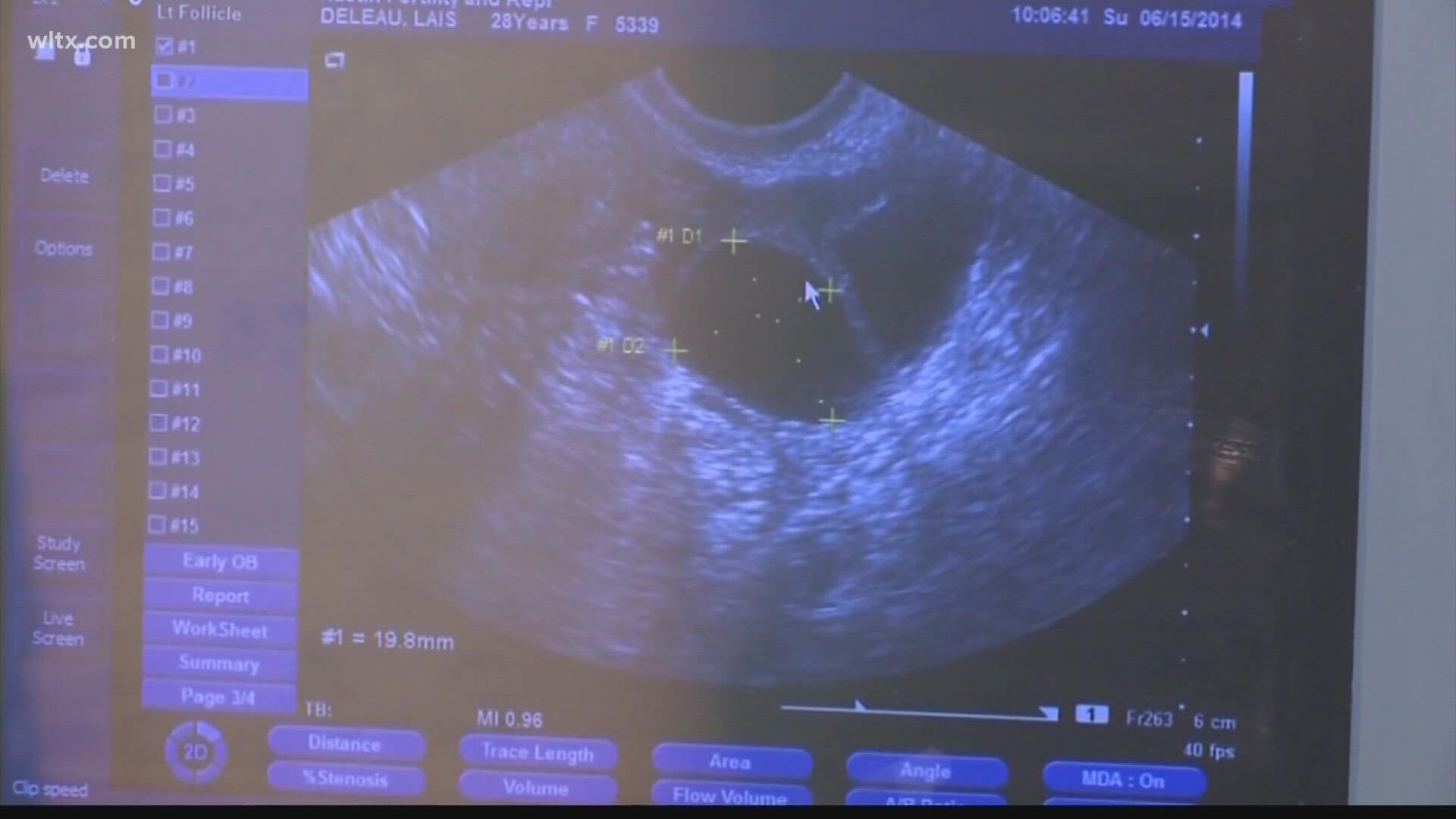COLUMBIA, S.C. — South Carolina Republican lawmakers have pushed two bills forward in the Senate that affect abortions in South Carolina, one being a complete ban on abortions with little to no exceptions.
In 2021, South Carolina lawmakers fast-tracked a law that bans abortions after about six weeks of pregnancy, with some exceptions. The law was then halted in federal court.
Fast forward to 2022, and a complete ban of abortions is on the table if the U.S. Supreme Court overturns Roe v. Wade later this year.
S. 988 could make all abortions illegal, except if one is needed to save a pregnant woman's life. The bill's sponsor Senator Richard Cash explain the legislation in a subcommittee meeting Wednesday:
"It is an "Equal protection for unborn babies act." Obviously, if you don’t believe an unborn baby is a human being or has constitutional rights to life, then you’re probably not going to be in favor of this bill,” said Cash.
The Senate Medical Affairs Subcommittee heard public feedback from women, pregnancy crisis centers and doctors on the abortion ban bill.
OB/GYN Dr. Dawn Bingham said, "this legislation is actively denying a woman’s future in exchange for one that is scripted for her by the state. Thus, denying her humanity and free choice to make healthcare decisions.”
The bill states that if a doctor performs an abortion, they could be charged with murder. It does not have exceptions for rape or incest.
Some opponents also voiced concern that it could prohibit fertility treatment like IVF because of how it's written. Senator Cash disagreed.
The second bill discussed Wednesday, S. 907, could require doctors to tell women about an "abortion reversal pill" if they request abortion medication.
Abortion by medication is a series of pills. This bill claims that a medication that uses progesterone could reverse the effects after one abortion pill is taken, if the woman regrets her decision.
Supporters of the bill argued that abortion providers need to provide this information to patients in case they change their minds.
“I just want there to be an option for women like me,” mother Manuela Timenez said while holding back tears during her testimony.
Timenez brought her baby to the meeting, calling him proof that the reversal medication worked for her after she regretted taking the first abortion pill.
She said Planned Parenthood didn't provide her with information about the reversal medication, but she found information online through a pregnancy crisis center.
“They were able to help me that night, I went to CVS that same night, they got me the pills and everything, I took them at the CVS, and my son is right here, he’s 18 months,” said Timenez.
However, several OB/GYNs strongly opposed the bill, because it would force them to tell patients about a reversal option that doctors said is unsafe.
“There is no scientific evidence of this. No clinical trials, no safety or side effect profiles, no scientifically sound data,” explained Dr. Carol Alan. She's an OB/GYN in Columbia and said they don't suggest the reversal medication because they can only offer healthcare options that are evidence and research based.
Doctors said that because there is no peer-reviewed research on abortion reversal medication, it could be dangerous to prescribe.
S. 988 and S. 907 were passed out of subcommittee Wednesday, with two Democrats voting no on both.
South Carolina’s abortion law that is currently halted from taking affect has a hearing with the 4th U.S. Circuit Court of Appeals on Thursday, January 27. Whatever that court decides could be upheld or thrown out by the Supreme Court, once they rule sometime later this year.

